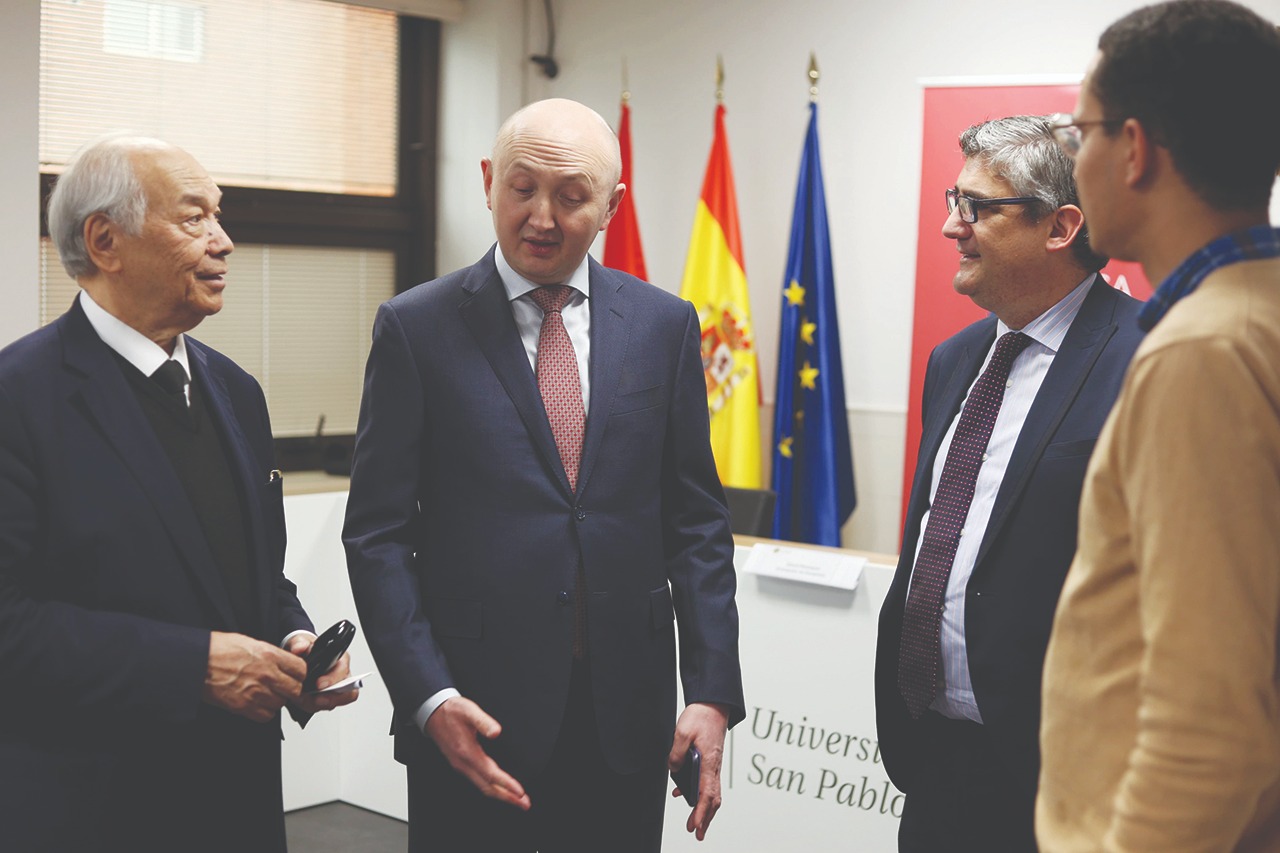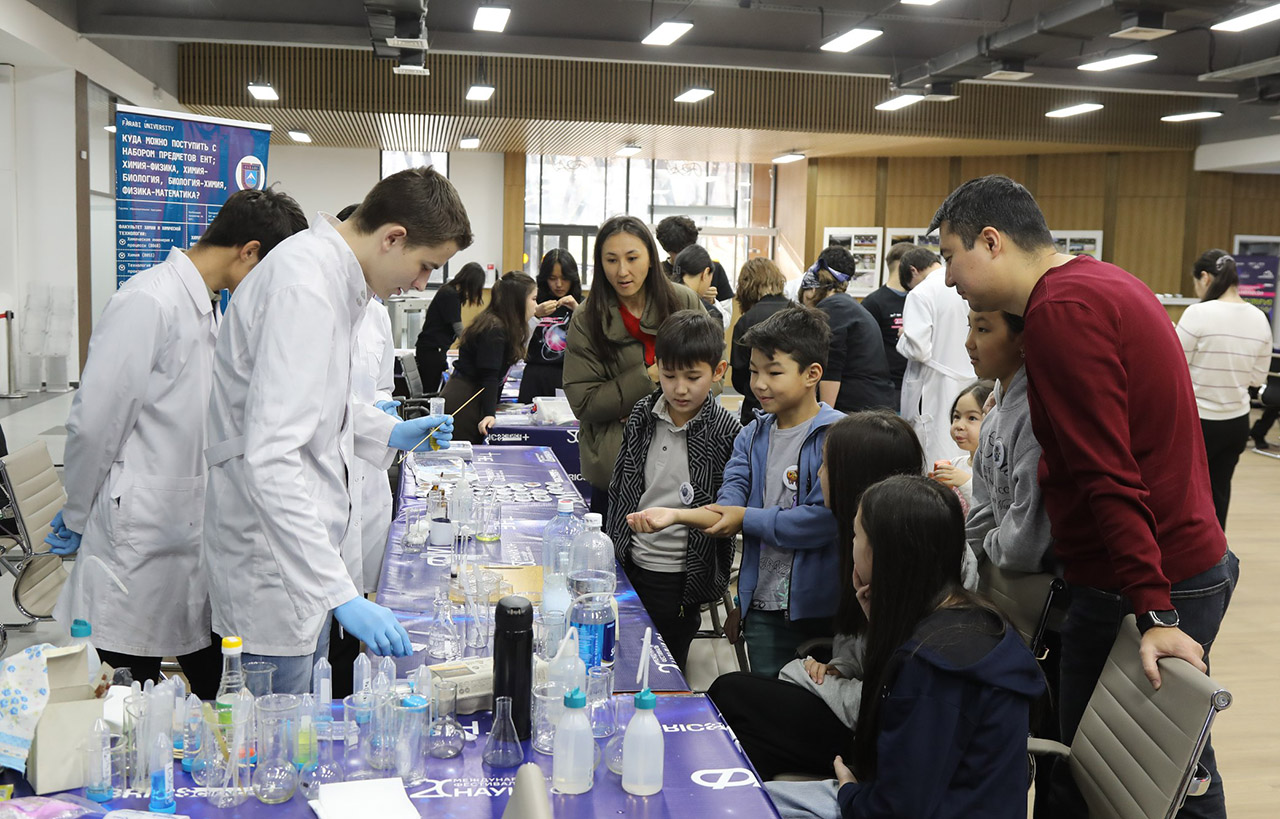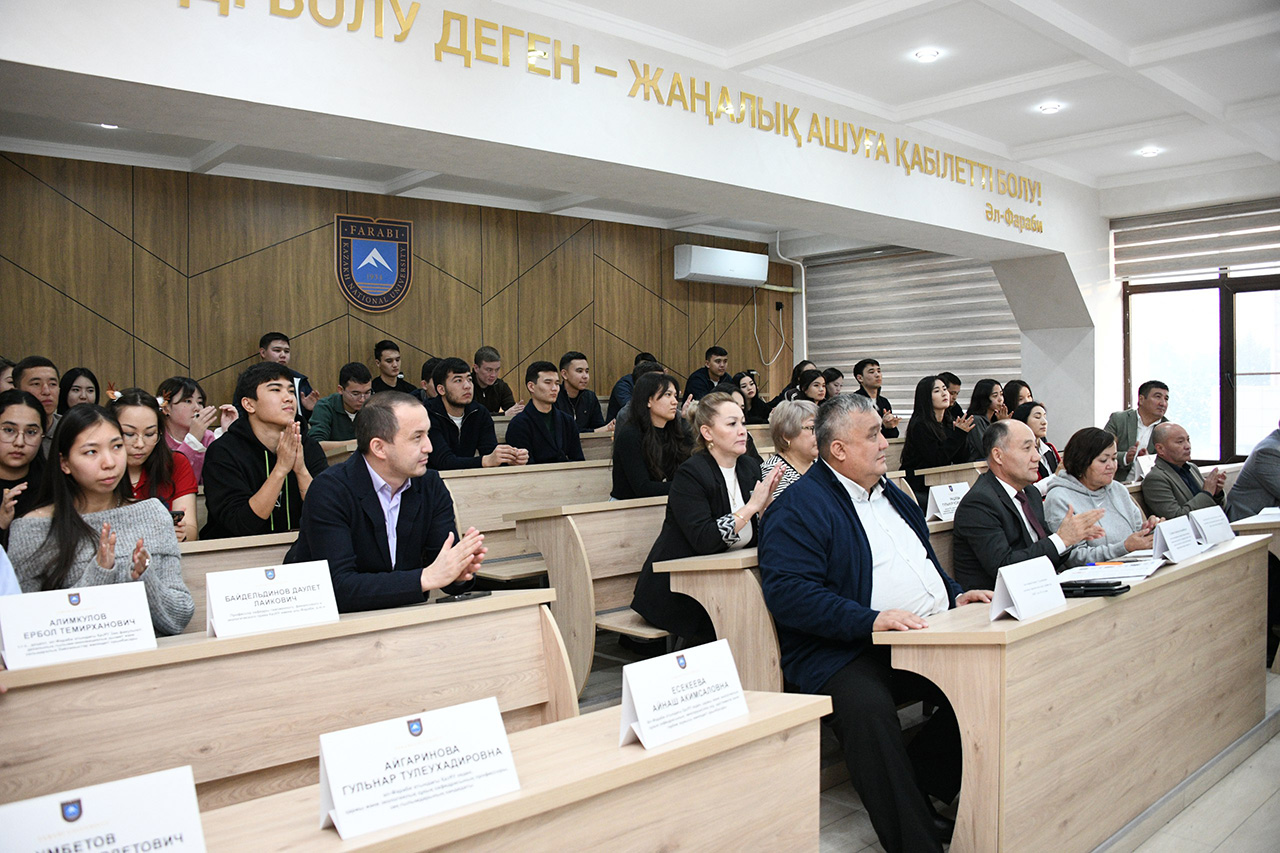Turkic history in the archives of Spain

Recently, Academician Kalkaman Zhumagulov, Doctor of Historical Sciences, Professor of Al-Farabi Kazakh National University, Director of the Russian Research Center for the Study of World History, returned from a scientific trip to Madrid, Spain. According to the professor, this is his first visit to Spain to work in the famous Biblioteca Nacional, as well as book depositories, funds and archives of universities of the Spanish capital. Before that, the historian traveled several times to Rome, where he "extracted" from Western historical and archival sources and Vatican materials new information on the history of the Hun Power, the Turkic Khaganates, Desht-i Kipchak, the Golden Horde, the Mamluk Sultanate during the reign of Beibars, the integration of east and west on the Great Silk Road. Most of these sources are in Latin.
Professor Kalkaman Zhumagulov is actively working on compiling a bibliography of original studies by European scholars on the Turkic world in Italian, English, German and French, Eurasia and Central Asia. These works until now, it is possible to tell, were not in scientific turnover in Kazakhstan historical science. The scientist has revealed original materials on the history of the Hunnish Empire in the West, international relations of the turn of antiquity and the Middle Ages. These are rare chronicles in Latin language, first of all such authors as Isidorus Hispalensis. Historia Gothorum; Liber numerorum Le livre des nombres; Junioris episcopi Hispalensis Chronica Maiora. Orosius Paulus. Historiarum adversum paganos libri VII. Hydatius Lemicius. Continuatio chronicorum Hieronymianorum ad a. CCCCLXVIII.
These unique sources in Latin allow us to complete the history of the Hunnish power, in terms of the famous Battle of Catalaunus in 451 and Attila's Italian campaign in 452. In this grand battle of world history, the Kingdom of the Westgoths on the territory of Spain was on the side of the Roman Empire and its allies. According to the professor, contemporaries of those events, in particular Isidore of Seville, Orosius, Gidacius, give valuable information on socio-political and religious relations of that era, including the Turks-Guns.
- Much attention was paid to the information of European travelers of the XIII-XV centuries, including Spanish travelers to East-Central Asia. These are a special type of historical sources that shed light on the history of international relations, as well as the economy and life, social orders, religion and mores, and trade on the Great Silk Road. The most important of them are Ruy González de Clavijo, Paschalis Hispanus de Victoria, Gottifredo Morosini and others. Also, visited the world-famous national Museo del Prado. Here are concentrated unique collections of exceptional value and quality, the origins of which date back to the Spanish monarchs of the XVI-XVII centuries. Their passion for collecting and personal tastes led to the fact that by the end of the XVII century these collections of Spanish kings were recognized as the best in Europe. The unique materials of the Prado Museum allow students to broaden their horizons in the disciplines of the history of the Middle Ages and Modern Times, the history of civilizations and world museums.
In the National Library of Spain he visited the exhibition "Manuscriptos Persas" - a unique collection of originals of the rarest manuscripts not only on Persia, but also on neighboring territories. The book "Del Gran Tamorlan" by Ruy Gonzalez de Clavijo is of particular note here. This Spanish diplomat and traveler is known to have personally visited Tamerlane's court in Maverannahr. The viewer is particularly struck by an original manuscript by Garcia de Silva y Picueroa concerning his journey to India and Persia. Another manuscript is the original notes of Adolfo Rivadeneira Sánchez, A Journey through Inner Persia (Madrid, 1880, 3 vols.). These unique manuscripts contain a lot of useful materials on the history of Central Asia as well," says Prof. Kalkaman Tursunovich.
As part of the scientific trip, Professor K.T. Zhumagulov spoke at the Round Table meeting dedicated to the theme: "European Union - Central Asia". This important event was organized by the Embassy of the Republic of Kazakhstan in Spain and the San Pablo University of Madrid. The meeting was attended by representatives of the Spanish business community, professors and teachers, researchers and students. At the meeting were moderated by Professor of Political Science Antonio Alonso Marcos, Ambassador of the Republic of Kazakhstan in the Spanish Kingdom Danat Musaev, Emilio de Miguel - responsible officer of the Ministry of Foreign Affairs of Spain, director of the "House of Asia" in Madrid and others. There was a constructive exchange of views, fruitful discussions and answers to questions of interest.
Prof. K.T.Zhumagulov also took part in Nauryz held by Kazakh diaspora (Kazakh diaspora in spain) near the city of Toledo. President of the Association of Kazakh Diaspora Gulnara Osmanalieva took active part in the organization of this representative event, which was attended by about 300 people.
Kairzhan TUREJANOV


